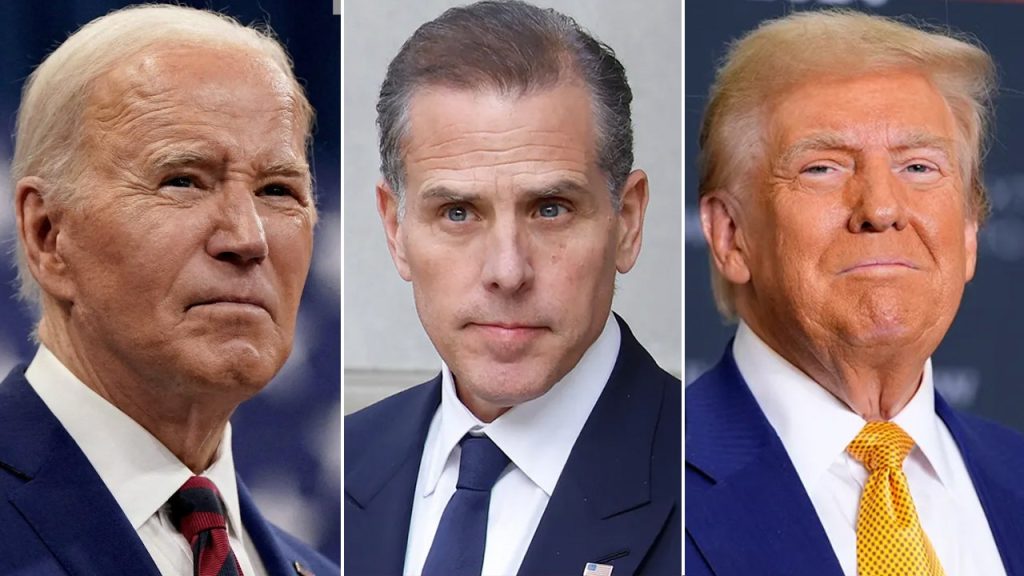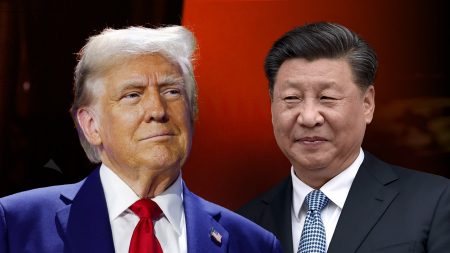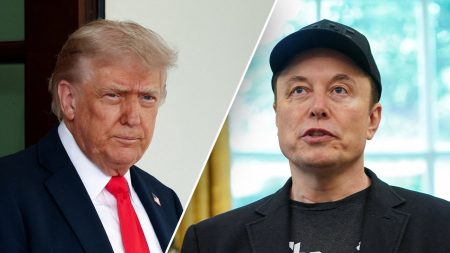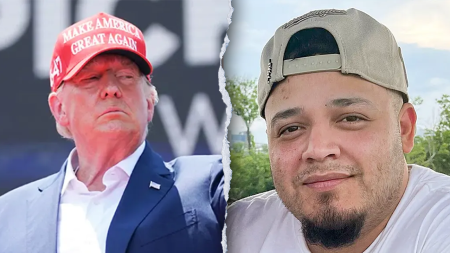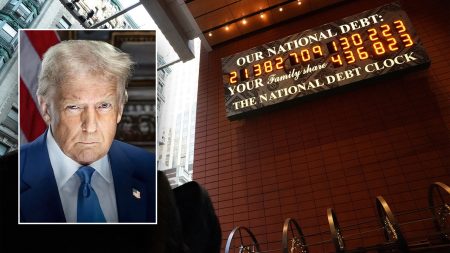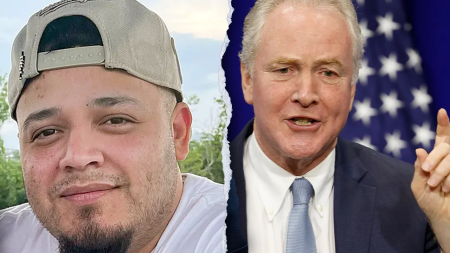President Joe Biden broke his promise to not pardon his son, Hunter Biden, causing criticism from both sides of the aisle. The move raised concerns about political interference in the Justice Department, reminiscent of the criticisms former President Donald Trump faced during his term. Biden’s justification for the pardon was that Hunter was unfairly prosecuted due to his connection to the president. This led to comparisons with Trump’s claims of selective prosecution by the DOJ during his presidency.
Media and Democratic party members attempted to defend Biden by arguing that Hunter was unfairly singled out for prosecution because of his last name. However, critics point out that Hunter benefited from his father’s political position, landing lucrative contracts and deals due to his last name and not his expertise. The sweeping nature of the pardon covering Hunter’s actions from years past raised questions about whether Biden was also protecting himself. Despite previous assurances that Hunter would not be pardoned, Biden ultimately chose to grant the pardon.
The appointment of Kash Patel by Trump as the potential FBI director sparked controversy with his past comments about seeking retribution on the media and dismantling the FBI headquarters. Patel’s nomination is seen as an attempt to shake up the bureau and hold accountable those involved in alleged electoral fraud. This move is viewed as a continuation of Trump’s practice of naming loyalists to key positions in his administration, similar to his appointments of family members like Ivanka Trump and Jared Kushner.
Trump’s decision to name Charles Kushner and Massad Boulos to key administration roles demonstrates a pattern of nepotism in his administration, continuing a family-centric approach to governance. The elder Kushner’s past legal troubles did not deter Trump from pardoning him, while Boulos’ relationship with Tiffany Trump’s husband led to his appointment. Despite criticisms of Trump’s reliance on loyalists, the media largely accepted Biden’s appointments as appropriate, reflecting a double standard in coverage when it comes to political affiliations.
The potential for the Hunter Biden pardon to set a precedent for future administrations to manipulate the DOJ and FBI for partisan gains is concerning. Biden’s decision to pardon his son raises questions about the integrity of the justice system and whether political connections can influence legal outcomes. With Trump’s nomination of Patel and his history of appointing family members to powerful positions, there is a growing trend of political favoritism in government appointments that may undermine public trust in the justice system and institutions.




